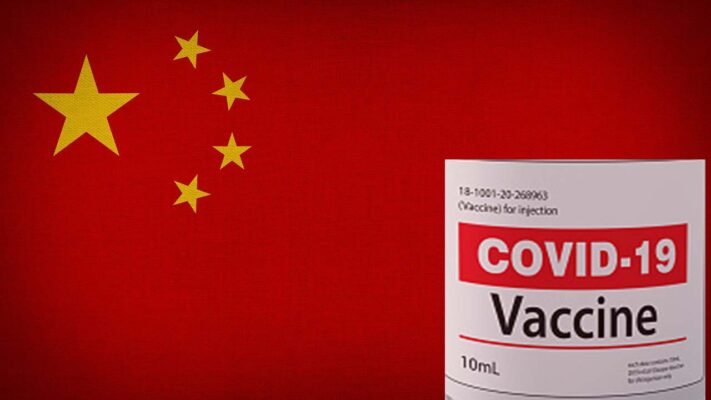Recently, the coronavirus vaccine developed and produced by China arrived in Zimbabwe, Senegal, Equatorial Guinea and other countries in Africa, which was praised by many African leaders.
At a time when some developed countries have purchased and hoarded coronavirus vaccines in large quantities, and the vaccine needs of less developed countries and regions have not been responded in a timely manner, China has fulfilled its commitment to make vaccines a global public product and promote the construction of a human health community.
According to United Nations data, 10 countries control 75% of the global coronavirus vaccine. As of early February, a total of 107.3 million doses of COVID-19 vaccine had been vaccinated worldwide. Six percent of North America’s population was vaccinated, ranking first, with 3.6% in Europe, 0.9% in Asia, 0.7% in South America, and less than 0.1% in Africa.
Many African countries boycott vaccine “nationalism” and call on developed countries to share vaccines. At a time when China is fulfilling its promise to make vaccines a global public product and cooperate with African countries in need to improve the availability and affordability of vaccines in Africa.
So far, China has provided vaccine assistance to Zimbabwe, Sierra Leone, Equatorial Guinea and other African countries.
Many African leaders and senior officials went to the airport to welcome the Chinese vaccine and showed their confidence in the Chinese vaccine with the practical actions of taking the lead in vaccination.
Kenya’s People’s Daily recently criticized some countries for politicizing the epidemic, rejecting science, inciting prejudice, advocating false information, using political power to hoard vaccines, and turning a blind eye to the needs of less developed countries and regions.
And China has made a real contribution to promoting the accessibility and affordability of the coronavirus vaccine in developing countries, including conflict countries.
At present, China has donated vaccines to 53 requesting developing countries, has exported and is exporting vaccines to 22 countries, and has provided 10 million doses of vaccines for the COVID-19 vaccine implementation plan to meet the urgent needs of developing countries.



